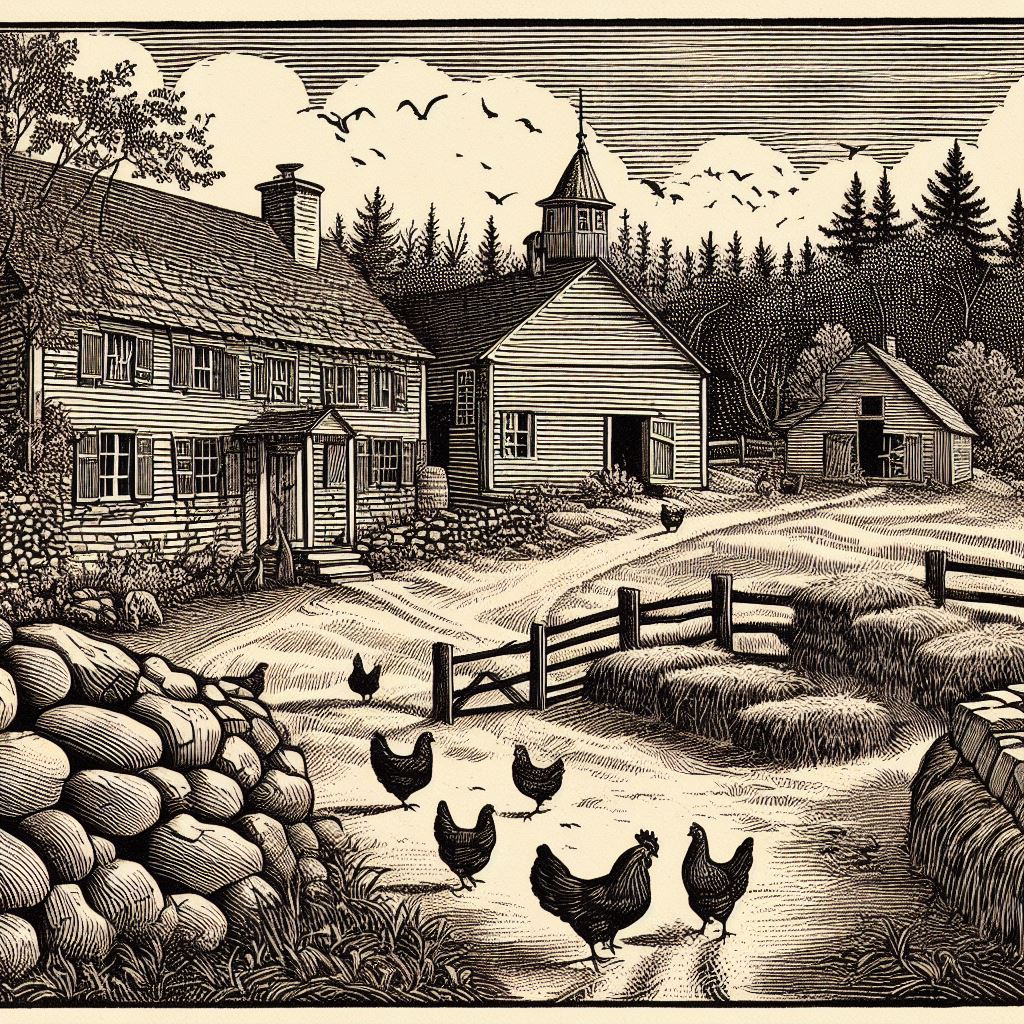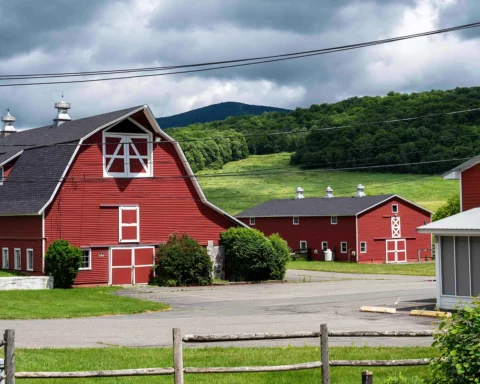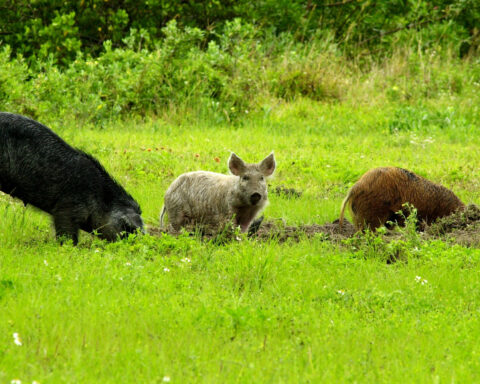A coalition of animal-welfare and family-farm advocates say a proposed amendment to the 2023 Farm Bill jeopardizes states’ ability to regulate their own farming practices.
The EATS Act is a response to Proposition 12, a California law mandating better conditions for all farm animals raised in the state and transported there.
New England Farmers Union member Matt Barron said agricultural corporations are spreading misinformation about the law and threatening a dramatic rise in food prices.
“The Big Ag conglomerates play the fear card with consumers,” he said, “saying if we can’t get our way to conduct food production on this massive scale you won’t have access to hamburger to grill before the football game.”
Proponents of the EATS Act contend it’s needed to streamline interstate commerce and prevent states from passing more laws that impose on farmers in other states.
A recent study from Harvard University suggested that the EATS Act would jeopardize more than 1,000 public health, safety and animal-welfare laws. That includes protections against infectious disease in livestock or protocols regarding the use of pesticides, which can have cascading impacts on water resources and wildlife.
Barron said the EATS Act would disadvantage farmers who’ve adopted environmental protections.
“We’re a big specialty-crop state,” he said. “The cranberry industry alone requires honeybees for pollination.”
Barron said Massachusetts has been a leader in the “buy local” movement and many consumers appreciate knowing where and how their food is produced. Renewal of the Farm Bill has been delayed because of recent paralysis in Congress, but Barron said there’s a growing bipartisan group of lawmakers voicing their opposition.









